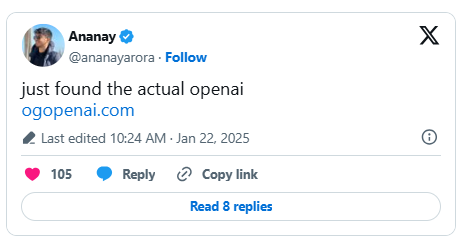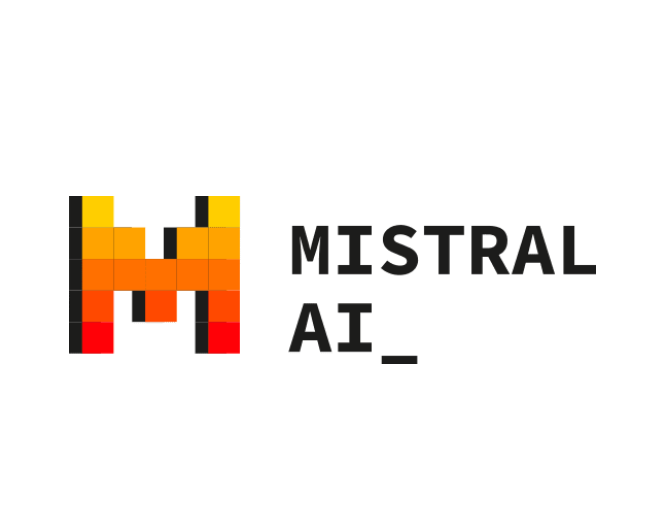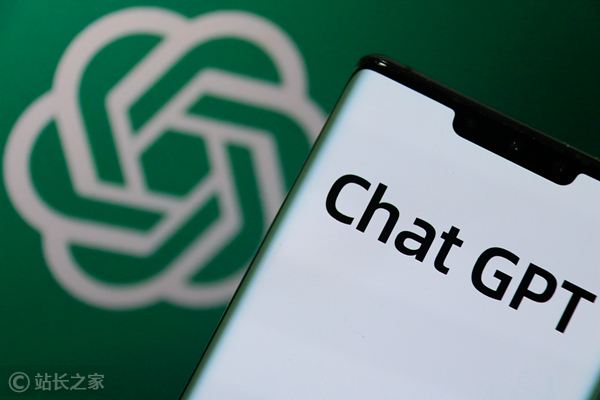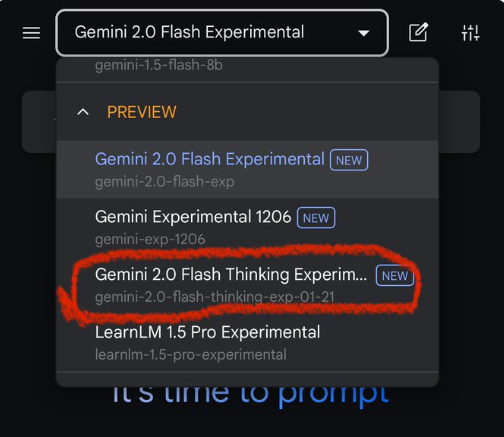To enhance the transparency and traceability of its AI models, Anthropic on Thursday announced the launch of a new feature called Citations. This feature is designed to help developers provide precise quotes from source documents, including sentences and paragraphs, in answers generated through the Claude AI series. This innovative feature is immediately supported on Anthropic’s API and Google’s Vertex AI platform upon initial launch.
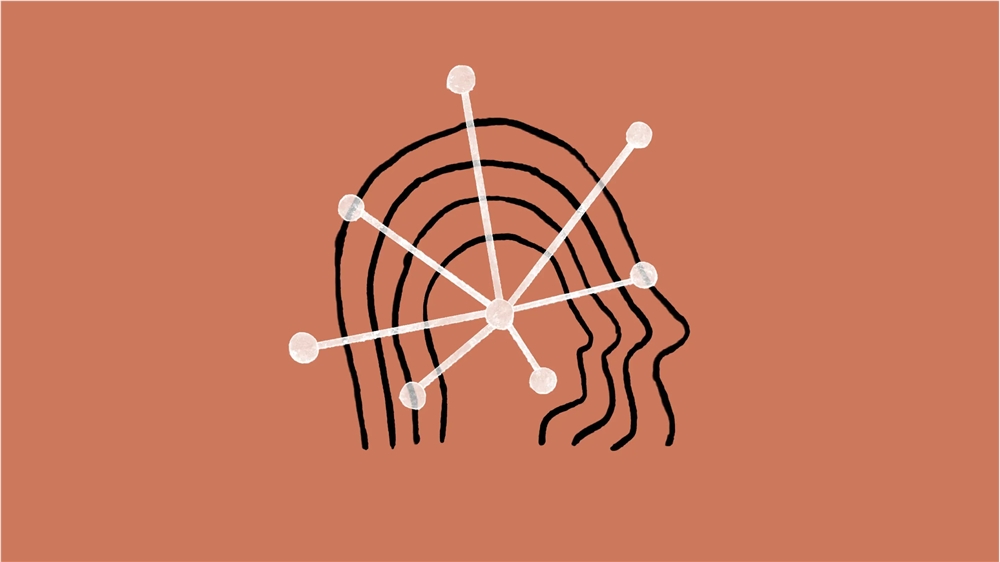
Citations function: improve document transparency and accuracy
According to Anthropic, the Citations feature can automatically provide developers with the source of answers generated by the AI model, citing the exact sentences and paragraphs in the source document. This feature is especially useful for document summarization, question and answer systems, and customer support applications to enhance the credibility and transparency of answers. By introducing source documents, developers can have a clearer understanding of the reasoning process of the AI model and reduce the phenomenon of "hallucinations" (i.e., unfounded or erroneous information generated by AI).
Applicability and pricing
Although the introduction of the Citations feature has attracted widespread attention, it is currently limited to Anthropic’s Claude 3.5 Sonnet and Claude 3.5 Haiku models. In addition, this feature is not free, and Anthropic charges fees based on the length and number of source documents. For example, a source document of about 100 pages costs approximately $0.30 when using Claude3.5Sonnet and $0.08 when using Claude3.5Haiku. This may be an option worth investing in for developers who want to reduce AI-generated errors and inaccurate content.
Citations: An effective tool to deal with AI illusions and errors
The launch of Citations has undoubtedly enhanced Anthropic’s competitiveness in the field of AI-generated content, especially in solving the problem of AI model “hallucinations”. The problem of AI illusion has always been one of the challenges faced by developers and users, and the Citations function provides more guarantees for the reliability of AI-generated content, ensuring that developers can clearly see the source of AI-generated content. In this way, Anthropic not only increases the transparency of its product, but also provides developers with more tools to ensure that the content generated is more accurate and verifiable.
Summarize
With the continuous development of AI technology, transparency and traceability have increasingly become the focus of users and developers. The Citations feature launched by Anthropic responds to this need, providing developers with a higher level of control and the ability to ensure the correctness of AI content. In the future, this function may become a standard configuration in AI development tools, pushing the entire industry to develop in a more trustworthy direction.
AI courses are suitable for people who are interested in artificial intelligence technology, including but not limited to students, engineers, data scientists, developers, and professionals in AI technology.
The course content ranges from basic to advanced. Beginners can choose basic courses and gradually go into more complex algorithms and applications.
Learning AI requires a certain mathematical foundation (such as linear algebra, probability theory, calculus, etc.), as well as programming knowledge (Python is the most commonly used programming language).
You will learn the core concepts and technologies in the fields of natural language processing, computer vision, data analysis, and master the use of AI tools and frameworks for practical development.
You can work as a data scientist, machine learning engineer, AI researcher, or apply AI technology to innovate in all walks of life.

